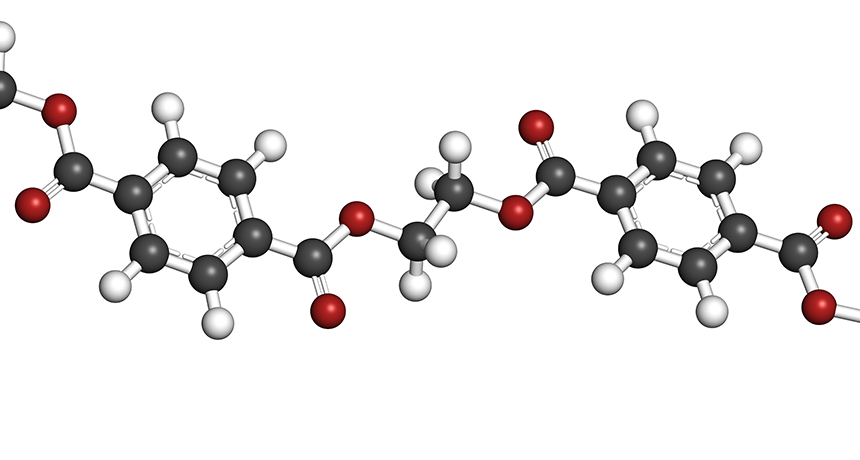Sustainable Polymers: Eco-Friendly Solutions for the Future
Sustainable Polymers: Eco-Friendly Solutions for the Future
Blog Article
Exploring the Varied Applications and Advantages of Polymers in Different Industries
Polymers, with their diverse array of homes and performances, have actually ended up being important in various sectors, each enjoying one-of-a-kind benefits from their application. From enhancing safety and security and performance in the automotive market to reinventing medical tools in the health care sector, polymers play a critical duty.
Automotive Market Applications
Polymers play a critical duty in improving the efficiency and longevity of different parts within the automobile sector. These flexible products are extensively made use of in the manufacturing of various parts, varying from interior parts to under-the-hood applications. One popular use polymers in the auto market is in the production of light-weight elements. By replacing standard steel get rid of polymer-based alternatives, automobiles can achieve better gas effectiveness without jeopardizing on strength or safety.

Medical Care Sector Advantages
In various medical care applications, the advantages of using polymers are commonly recognized for their varied series of helpful properties. Polymers play an important function in the medical care sector due to their versatility, biocompatibility, and cost-effectiveness. One of the primary benefits of polymers in medical care is their ability to be customized to specific requirements, such as adaptability, longevity, and biodegradability, making them suitable for a wide variety of medical applications.
Polymer-based materials are extensively made use of in clinical devices, such as catheters, implants, prosthetics, and drug shipment systems, due to their biocompatibility and ability to mimic all-natural cells. These products can lower the risk of allergic reactions or denials, improving individual safety and outcomes. Furthermore, polymers are lightweight, making them suitable for wearable clinical gadgets and ensuring client comfort.
Additionally, polymers make it possible for the advancement of ingenious treatment methods, such as hydrogels for cells design and nanocomposites for targeted medication delivery. Their convenience of handling and sterilization makes them crucial for keeping high requirements of health in health care settings. Overall, the varied advantages of polymers add significantly to innovations in clinical innovation and client treatment.
Ecological Advantages of Polymers

Furthermore, polymers can add to power cost savings due to their lightweight nature. In industries such as transport, light-weight polymer materials can help in reducing fuel intake and greenhouse gas emissions. In addition, polymers can allow the development of energy-efficient products such as insulation products that boost energy preservation in buildings.
In addition, polymers play an important duty in lowering water pollution. For instance, the use of polymer-based filtering systems can efficiently eliminate toxins and impurities from wastewater, securing water resources and communities. Generally, the ecological advantages of polymers make them beneficial possessions in advertising sustainability and green methods across various sectors.
Polymers in Electronic Devices and Innovation
Thinking about the increasing need for ingenious and sustainable remedies in contemporary industries, the assimilation of sophisticated polymer innovations in the world of electronic devices and technology has actually emerged as a pivotal approach for driving effectiveness and performance. Polymers have actually reinvented the electronics sector by allowing the production of lighter, extra versatile, and long lasting electronic tools. From mobile phones to clinical devices, polymers play a crucial function in enhancing product layout and performance.
One substantial advantage of polymers in electronic visit here devices is their insulating homes, which help safeguard fragile electronic parts from ecological elements and electric disturbance. Furthermore, polymers are essential in the advancement of adaptable displays, site wearable innovation, and published electronic devices, providing limitless opportunities for creating wise and interconnected tools.
Furthermore, making use of polymers in digital product packaging has resulted in advancements in miniaturization and thermal management, improving the general efficiency and integrity of digital systems. As innovation remains to evolve, the adaptability and flexibility of polymers will certainly drive additionally innovation in the electronics industry, shaping the future of innovation.
Duty of Polymers in Building And Construction and Framework
Polymers offer many advantages in the construction market due to their flexibility, toughness, and cost-effectiveness. One vital role of polymers in construction is their usage in finishes and sealants, providing defense versus ecological aspects such as wetness, UV radiation, and rust.
Furthermore, polymers play a vital function in sustainable construction practices by making it possible for the advancement of energy-efficient structures. Shielding materials made from polymers help manage interior temperature levels, minimizing the need for heating and cooling down systems and ultimately decreasing energy usage. The use of polymer-based compounds in infrastructure projects such as bridges and roadways improves their long life and decreases upkeep prices. In general, the unification of polymers visit in building and facilities displays their significant influence on modern design practices.
Verdict
In verdict, polymers play a critical function in different industries such as automotive, medical care, ecological, electronics, and building. From improving gas effectiveness in cars to enhancing clinical tools, polymers use many advantages.
Report this page